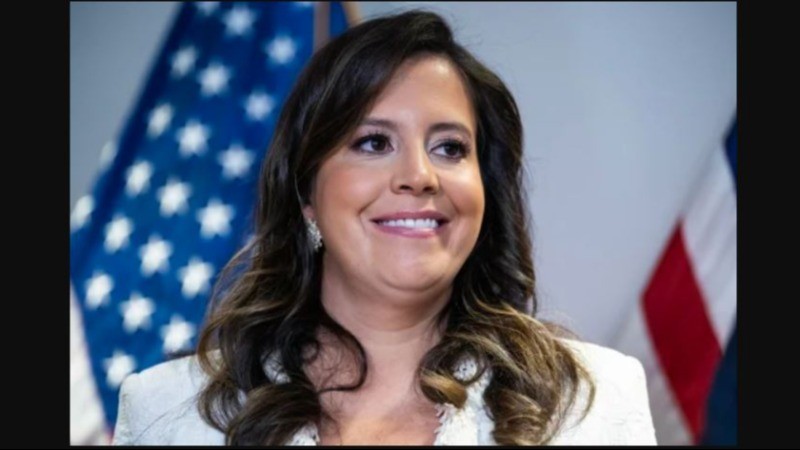
President-elect Donald Trump has appointed Representative Elise Stefanik of New York, a longtime ally and current chair of the House Republican Conference, as the U.S. Ambassador to the United Nations. This marks Trump’s first major Cabinet selection as he prepares for his second term in office.
“I am honored to nominate Chairwoman Elise Stefanik to serve in my Cabinet as U.S. Ambassador to the United Nations. Elise is an incredibly strong, tough, and smart America First fighter,” Trump said in a statement on Monday.
Stefanik, 40, has been a prominent supporter of Israel, particularly in its response to the recent October 7 attacks by Hamas, and has frequently raised concerns about antisemitism on college campuses. Ahead of the recent election, Stefanik reiterated her stance to defund the United Nations Relief and Works Agency for Palestine Refugees (UNRWA), alleging that it has been compromised by Hamas operatives.
In response to accusations against UNRWA staff members, Israel reported firing several individuals linked to the recent attacks and, in late October, its parliament moved to ban the organization’s operations within Israel.
Stefanik has represented New York’s 21st Congressional District since 2015 and currently serves as chair of the House Republican Conference, a position she assumed in May 2021. She has been outspoken on various international issues and shares Trump’s critical view of the UN and similar global organizations.
During his previous term, Trump pulled the United States out of both the UNESCO and the Paris Climate Accord, citing a disconnect with American interests. The U.S. remains the largest financial contributor to the UN, covering 22 percent of its budget, and Stefanik has argued for a re-evaluation of these contributions, especially given what she describes as the UN’s biased stance against Israel.
Accusing the UN of allowing antisemitic biases to influence its policies, Stefanik also criticized UNRWA, suggesting it has been sympathetic to Hamas. As a vocal advocate for reducing support for organizations she deems counterproductive, her role at the UN is expected to amplify this perspective.
The geopolitical landscape at the UN has been complicated by conflicting stances among Security Council members, especially in light of the Gaza and Ukraine conflicts, which have been at a standstill due to disagreements between Western nations and Russia, with support from China.
With Stefanik’s appointment, Trump’s administration is expected to intensify its polarizing influence within the UN. Trump has previously said he would seek to resolve the Ukraine conflict but has also indicated a reserved stance on financial aid to Ukraine, which some Republicans have opposed.
In recent developments, Trump confirmed he will not extend an invitation to Nikki Haley, his former UN ambassador, to rejoin his administration. Known for her strong “America First” approach, Haley was vocal in defending U.S. interests at the UN, often pushing back against critics.
Any further changes to Trump’s team that could result in House vacancies may pose challenges for Republicans to maintain control, especially as they operate with a narrow margin in Congress.